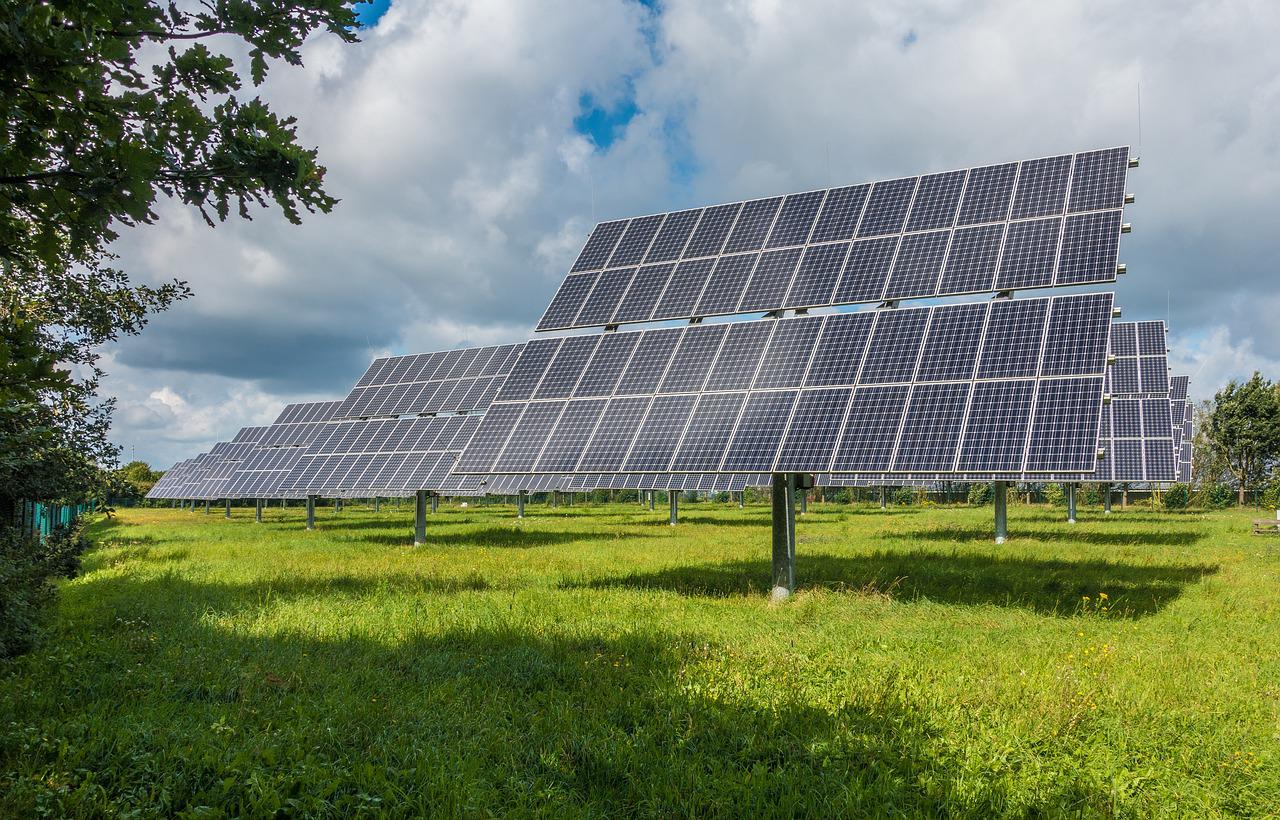By: Amina Maitama, Business Development Officer
In order to promote clean and sustainable economic growth and reduce carbon emissions, developed (and some emerging) economies around the world, now place very strong emphasis on renewable energy sources. However, critics of renewable energy frequently provide reasons why they believe it will take a while for the world to move away from its reliance on fossil fuels. Nevertheless, it’s about time some of these misconceptions are put to rest. Here are a few common misconceptions about Renewable Energy:
Myth: Fossil Fuels are irreplaceable
Fact: Renewable energy, as the name implies, suggests an infinite energy supply as its source is regenerative, whereas fossil fuels have a finite supply and are either not continually produced or being produced very slowly. Renewable energy can become the primary source of global energy and this will ultimately expedite the end of our over-reliance on fossil fuels. A brighter global future will be assured by diversifying our energy source-mix, incorporating additional renewable sources like biomass, solar, geothermal, wind, hydropower and fuel cell technologies, and by fashioning ways of utilizing them efficiently. Furthermore, the price volatility of natural gas and petroleum products, as well as their effects on the environment, would also be a substantial reason for fossil fuels to become extinct.
Myth: Fossil Fuels are cheaper than Renewable Energy sources
Fact: The misconception is that switching to renewable energy is too expensive for widespread acceptance and that neither society nor the government can afford the significant costs of a full-scale change. In nations that account for three-quarters of the global GDP, renewable energy is now the least expensive source of electricity (source: BloombergNEF’s The New Energy Outlook, 2021). It’s not just less expensive; it’s also more effective. From a technological perspective, wind and solar power systems have made tremendous strides, and their installation prices have significantly decreased.
Myth: Fossil Fuels are irreplaceable
Fact: Renewable energy, as the name implies, suggests an infinite energy supply as its source is regenerative, whereas fossil fuels have a finite supply and are either not continually produced or being produced very slowly. Renewable energy can become the primary source of global energy and this will ultimately expedite the end of our over-reliance on fossil fuels. A brighter global future will be assured by diversifying our energy source-mix, incorporating additional renewable sources like biomass, solar, geothermal, wind, hydropower and fuel cell technologies, and by fashioning ways of utilizing them efficiently. Furthermore, the price volatility of natural gas and petroleum products, as well as their effects on the environment, would also be a substantial reason for fossil fuels to become extinct.
Myth: Fossil Fuels are cheaper than Renewable Energy sources
Fact: The misconception is that switching to renewable energy is too expensive for widespread acceptance and that neither society nor the government can afford the significant costs of a full-scale change. In nations that account for three-quarters of the global GDP, renewable energy is now the least expensive source of electricity (source: BloombergNEF’s The New Energy Outlook, 2021). It’s not just less expensive; it’s also more effective. From a technological perspective, wind and solar power systems have made tremendous strides, and their installation prices have significantly decreased.
Myth: Renewable Energy Sources are inadequate for the energy demand
Fact: Nigeria has a wealth of renewable energy sources to satisfy its energy requirements; recent studies estimate that Nigeria has a solar thermal power potential of about 427,000MW. (source: The SUNGAS project – Renewable Energy Potential in Nigeria). This volume is less than the energy generated by other renewable energy sources. As a result, these renewable energy sources can adequately cover our present electrical needs. The difficulty resides in the ability of governments and relevant authorities to accelerate the energy transition from fossil fuel to renewable energy sources.
Myth: Renewable Energy is unreliable
Fact: According to conventional thinking, the intermittent nature of renewable energy sources like solar, wind, and other green energy sources makes them excessively unpredictable. Evidently, solar power plants often do not work at night, just as wind turbines do not operate when there is no wind. However, innovative technology advancements in storage have now made it possible to store produced energy and deliver it later, when needed by the end-user.
Myth: Switching to renewable energy will kill jobs
Fact: A wide variety of jobs, including those for engineers, contractors, manufacturers, and suppliers, are being created as a result of the renewable energy revolution. Jobs in renewable energy can be created both directly and indirectly throughout the entire value chain, including production, manufacturing and distribution of equipment, or even in the provision of services like installation, project management, operation, and maintenance.
Myth: Solar panels are made using harmful techniques and are not recyclable
Fact: A solar panel’s primary components are silicon, aluminum, glass, and copper which are recyclable in large quantities. Its production does not entail a particularly hazardous process, that requires additional safeguards and safety precautions above and beyond those for a typical industrial operation. Over a span of more than 25 years, they will continue to produce pure, cost-free energy. When a solar panel reaches the end of its useful life, its parts are categorized as non-hazardous waste and are recyclable.
All of the above is why LPV Energies Limited, a subsidiary of Levene Energy Holdings, has designed a portfolio of innovative projects targeted at spearheading the growth of the renewable energy sector in Nigeria and Africa at large, thereby bridging the energy demand gap while also working with the Nigerian government to meet its greenhouse gas commitments. By making wise energy decisions that have fewer negative consequences on the environment, each of us can contribute to the greenhouse solution and thereby influence changes that would slow down global warming and protect our world. For more information on our renewable energy activities, visit www.lpvenergies.com and www.lpvtechnologies.com





